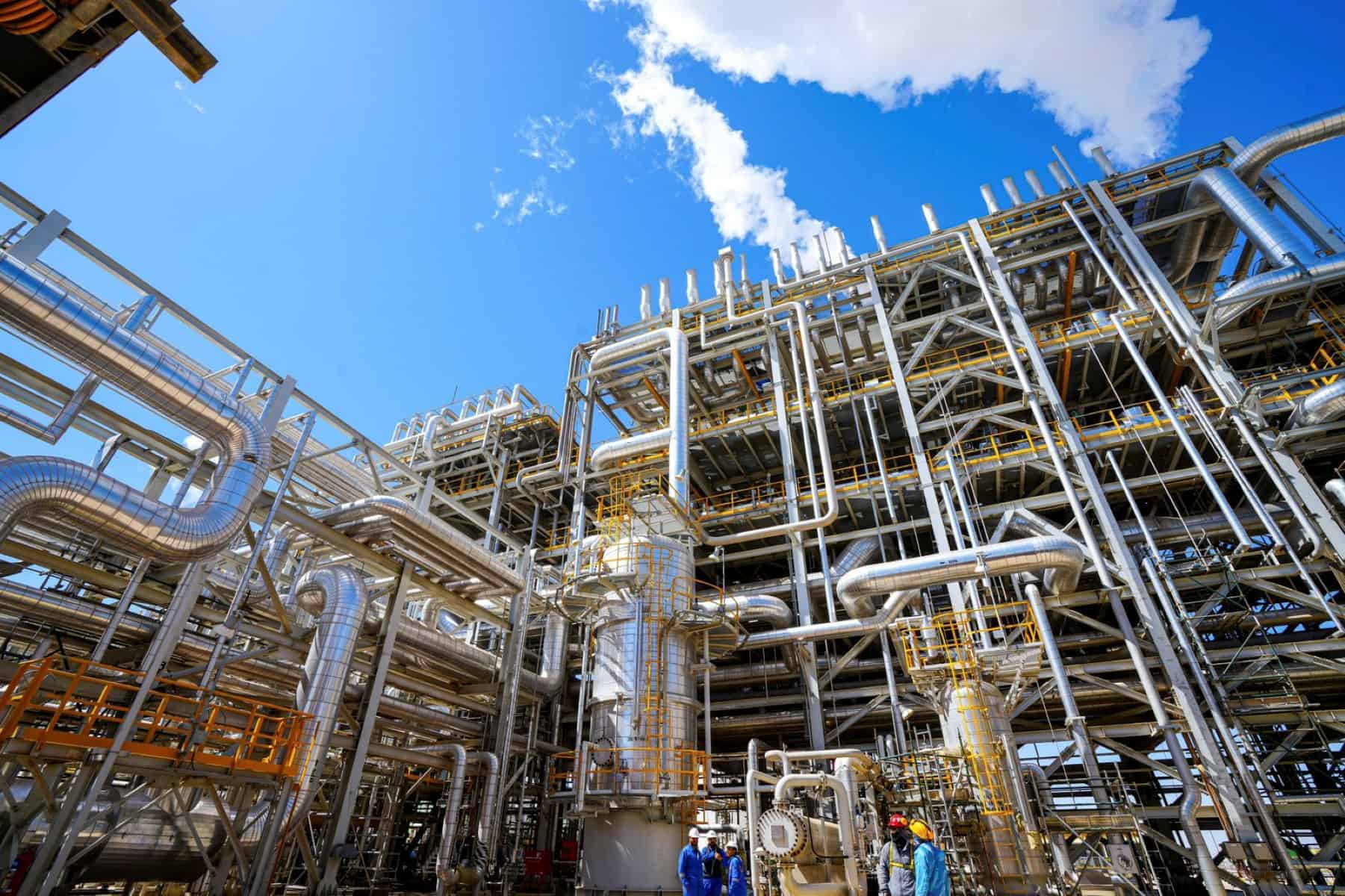Riyadh, Saudi Arabia — Saudi Arabia led a coordinated production cut by major oil powers on Sunday despite US pressure to pump more crude, saying they were aiming at market stability.
Cuts by the Saudis, Iraq, UAE, Kuwait, Algeria and Oman from May to the end of the year will total more than one million barrels per day — the biggest reduction since the OPEC+ cartel slashed two million barrels per day in October.
Russia, a member of OPEC+, said it was also extending its cuts of 500,000 bpd to the end of this year, calling it “a responsible and preventive action”.
A Saudi energy ministry official “emphasized that this is a precautionary measure aimed at supporting the stability of the oil market”, the official Saudi Press Agency said.
The cuts were made public in a series of statements from the different countries.
The output reductions are on top of a controversial decision in October by OPEC and its allies including Russia — collectively known as OPEC+ — to slash production by two million barrels per day.
That reduction, the biggest since the height of the Covid pandemic in 2020, came despite concerns it would fuel further inflation and push central banks to hike interest rates even more.
“This voluntary initiative is a precautionary measure taken to ensure market balance,” said UAE Energy Minister Suhail bin Mohammed Al Mazrouei, according to the official WAM news agency on Sunday.
Saudi Arabia will cut 500,000 barrels per day, Iraq 211,000, the UAE 144,000, Kuwait 128,000, Algeria 48,000 and Oman 40,000, each country announced.
Not advisable: US
The unexpected oil production reductions have been deemed inadvisable by the Biden administration. A National Security Council spokesperson stated, “We believe that cuts are not advisable at this moment due to market uncertainty, and we have communicated that clearly.”
The surprise statements came a day before OPEC+ is due to hold a Joint Ministerial Monitoring Committee meeting on Monday via videoconferencing, according to the UAE.
The cuts were announced despite calls from the United States to raise production as consumption rises and as China, the world’s biggest oil consumer, reopens after its Covid shutdown.
“As world economies recover, we’ll see more consumption. And therefore we’d like to see supply meet demand,” said Jose Fernandez, the US Undersecretary of State for Economic Affairs, Energy and the Environment, on the sidelines of the CERAWeek energy conference, in Houston, Texas, last month.
“We would like to see more supply” of crude globally, including from OPEC+, Fernandez said.
OPEC+ consists of the 13 members of the Organization of Petroleum Exporting Countries and 11 non-OPEC allied countries.
US President Joe Biden has regularly called for an increase in the OPEC+ output after Russia’s invasion of Ukraine sent prices soaring.
OPEC also raised its world oil demand forecast for 2023 in February, saying it expected demand to grow by 2.3 million barrels per day to an average of 101.87 million barrels per day this year.








